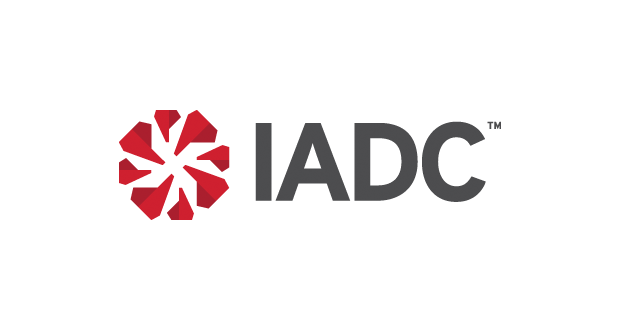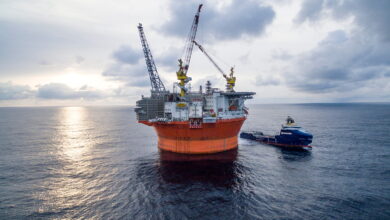IADC holds workshops on EU offshore safety directive


IADC recently held two executive workshops to shed light on the European Union offshore safety directive. Formally known as EU Directive 2013/30/EU, it is designed to mitigate and prevent serious environmental and safety accidents. While licensees and operators are the primary responsible parties under the EU rule, drilling contractors bear significant responsibilities. Given this, Taf Powell, IADC Executive VP, Policy, Government and Regulatory Affairs, moderated two workshops – one on 21 October in Aberdeen and a second on 23 October in Athens – to further discuss and analyze the complex framework.
Before joining IADC, Mr Powell served the European Commission as expert adviser in offshore drilling and production. In that capacity, he was instrumental in developing the directive.
Attendees at the workshops were informed of the implications for future offshore regulation in the European Union and given the tools and knowledge necessary to effectively represent the interests of their companies during the coming period of implementation by European regulators.
Key takeaways from the workshops included:
- National regulators are required to form a single integrated body, the “competent authority,” for regulating both safety and the environment. IADC members have expressed concern that if individual governments ignore this requirement, uncoordinated systems and requirements would result in fragmentation.
- New standards for harmonized incident reporting will create a unified approach to gathering data across the EU. Drilling contractor members expect regulators to ensure that new reporting system will not lead to duplication of reporting.
- The requirements for integrated, risk-based, safety and environmental management systems (SEMS) and related emergency plans are important “streamlining” goals for IADC members and those in attendance. The directive should encourage proportionate approaches to mobile drilling units and fixed production units, whose risk profiles are different, requiring different risk control measures and management systems.
- The primary role of the operator/licensee is to see to it that risks of major accidents are suitably controlled. Europe gives top priority to the operators’ risk assessment for all well locations and ascribes full liability to environmental damages to the licensee. Drilling contractors play a major part in supporting operators to deliver the risk control system.
“IADC is currently engaged with the European Commission to ensure our members have a sensible period of time for implementing the new requirements – up to July 2018, provided there is a valid safety case/risk assessment for the rig,” Mr Powell said. “We are also engaging with them to ensure that forthcoming recommendations by the Commission for financial liability systems for relief of damages from accidents do not result in increased financial liability for drilling contractors.”
Mr Powell’s presentation can be accessed via IADC’s website.




